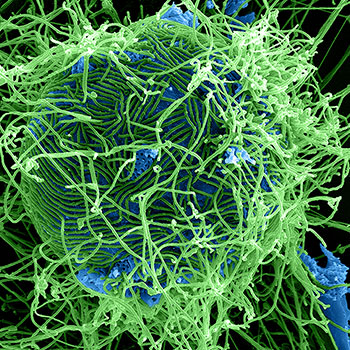Find the roots of the following quadratic equation if they exist by the method of completing the square 2x²-7x+3=0?
2 Answers
Jun 23, 2018
See my proof below.
Explanation:
this is
using that
then we get
Jun 23, 2018
Explanation:
It is always good to write out the square as a reminder. We want the expression on the form:
gives
=
where I have moved the constant over to the right side.
Comparing term for term we see that
The square, therefore, is
We, therefore get:
=
Therefore:
This gives the two solutions
Test:
We see the graph of

